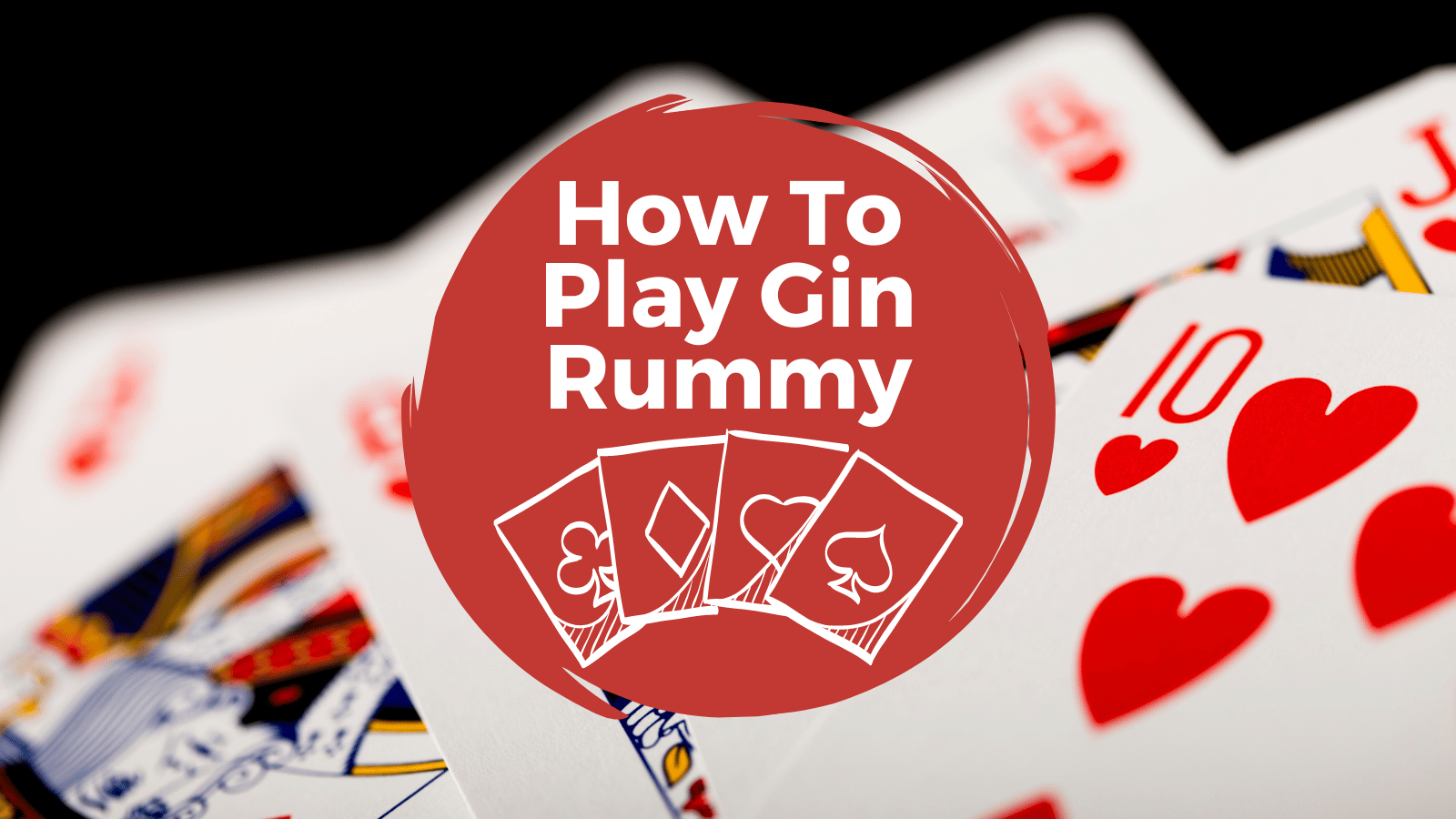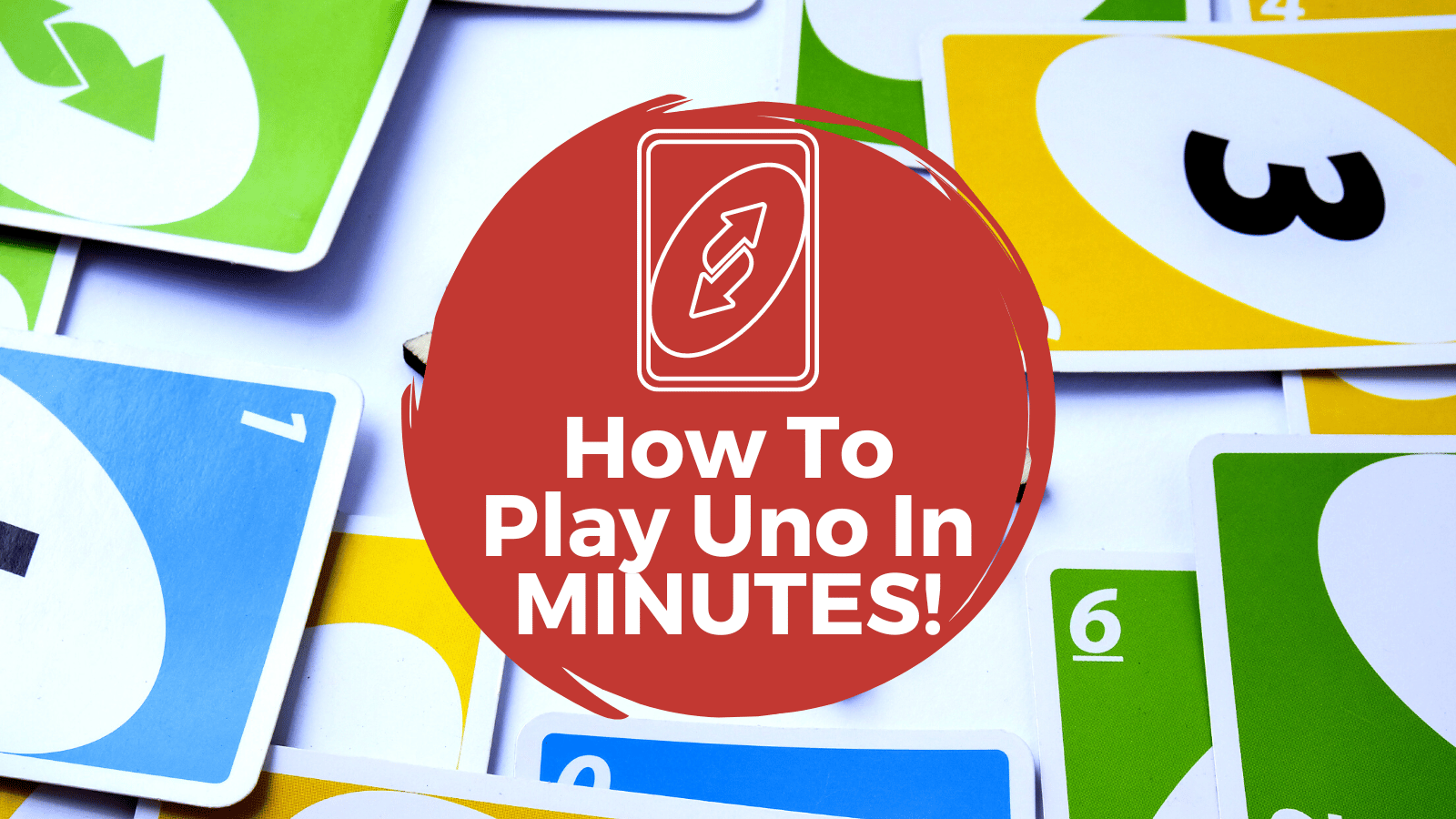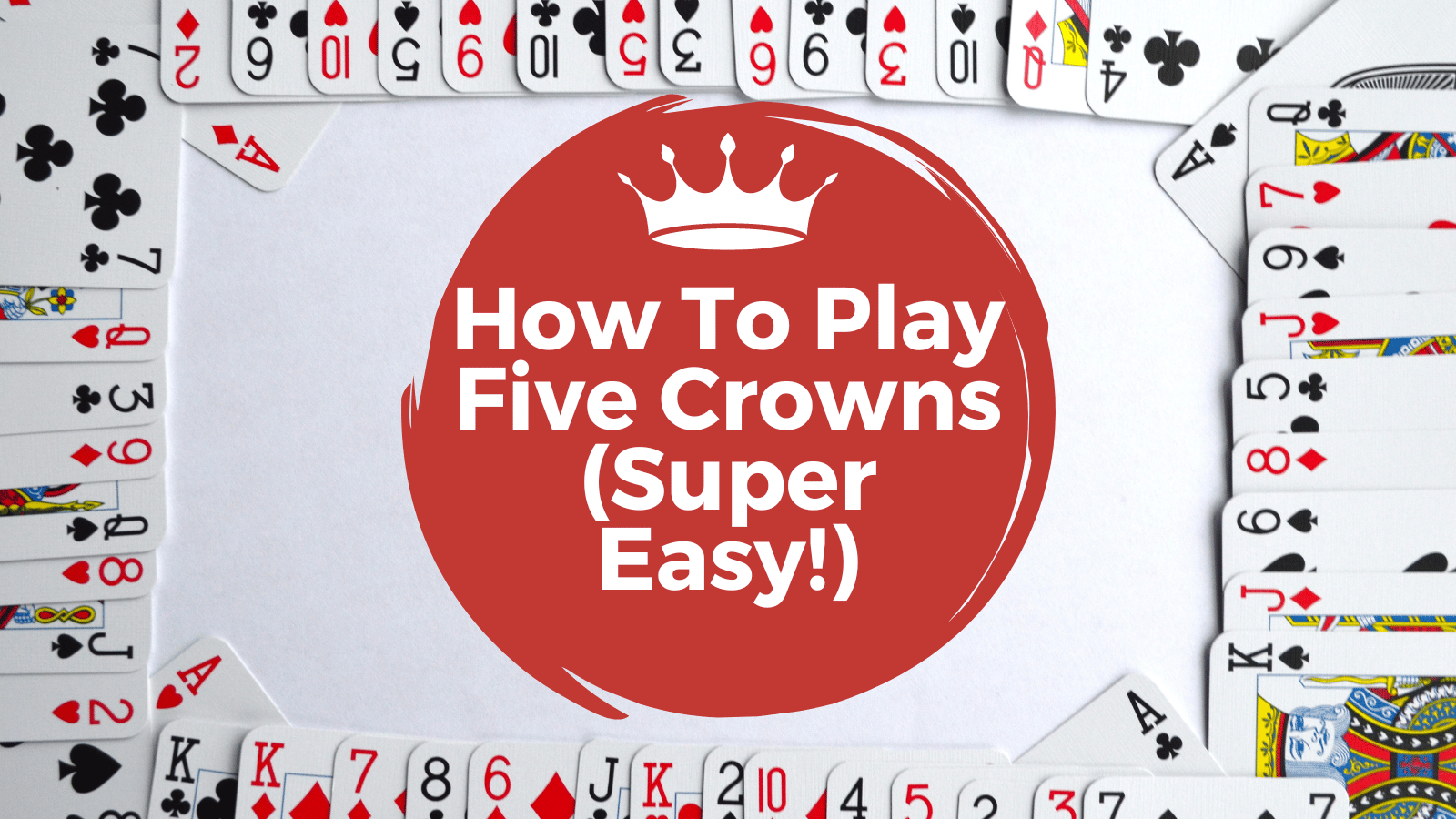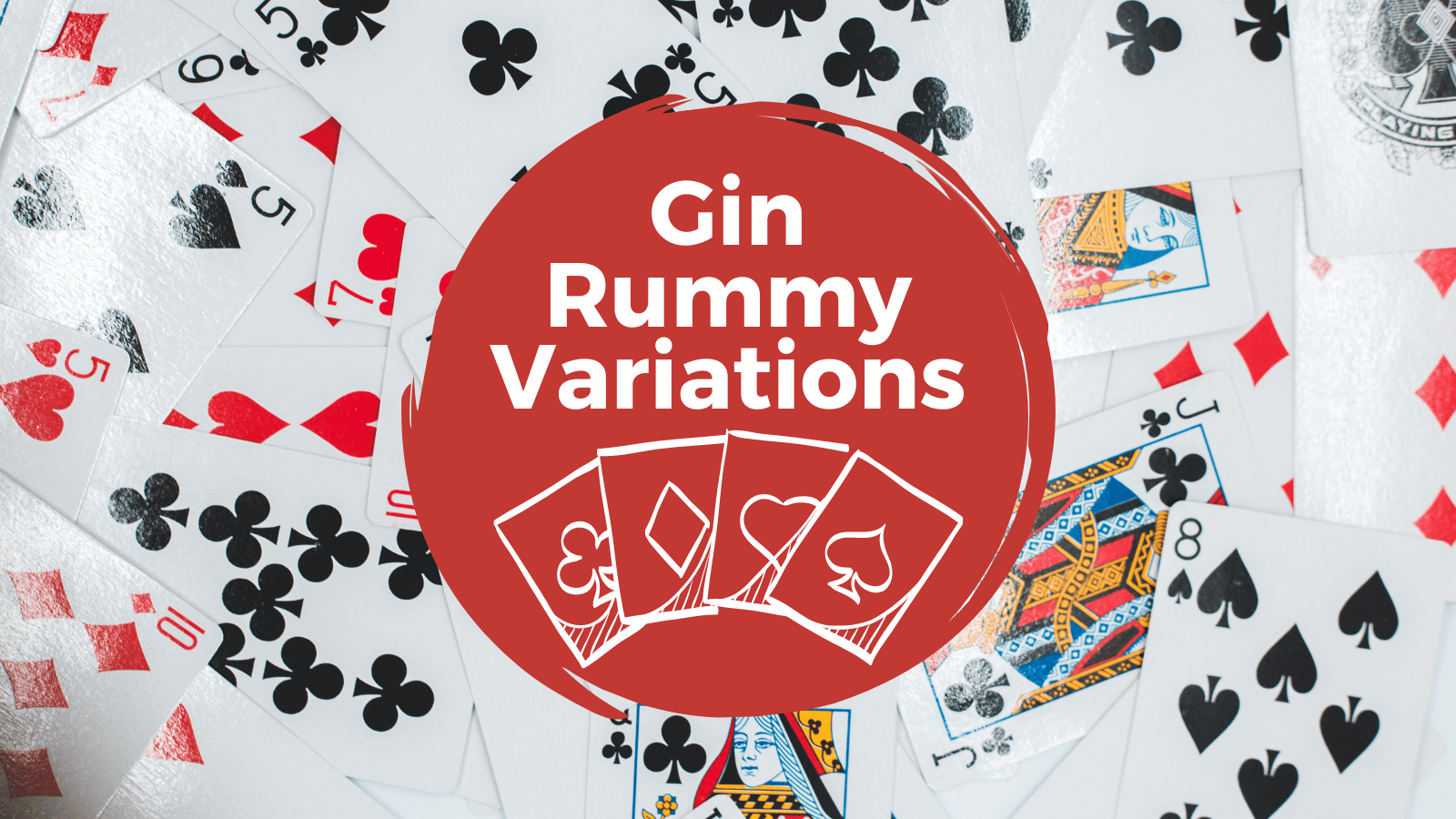Gin Rummy is one of the best, quick two-player games out there.
It takes almost no time to learn, and the basic strategy is easily accessible by anyone!
If you want to learn about the rules of this card game, you’ve come to the right place.
I’ve drawn on my years of playing the game and, better yet, teaching it to many people to come up with this complete guide on how to play Gin Rummy for beginners.
Table of Contents
Brief Overview Of How To Play Gin Rummy
Number of Players: 2
Time: 10-20 minutes depending on what you set as the win condition
Ages: 5 or older
Objective: Make it to 100 points for a single game; 250 or 500 for a match
Card Values / Rank: Ace, 2, 3, 4, 5, 6, 7, 8, 9, 10, J, Q, K.
Aces are 1; numbered cards are their pip value. 10s and face cards are 10.
What You Need: A standard deck of 52 cards (no jokers) and a way to track points
The Deal: Cut the deck. Highest card deals first. Both players get 10 cards each.
The dealer places the rest of the cards face down in the playing area (called the Stock). They flip one card face up into the discard pile to start the game.
Playing Gin Rummy
The First Move: The non-dealer gets the choice of picking up the discard. If they don’t want it, they pass. Then, the dealer gets the chance to pick it up. If they don’t want it, the non-dealer draws a card from the stock to start the game.
Gaining Points: The way to gain points is by matching cards in your hand together into melds.
The unmatched cards (called deadwood) are how you get points from your opponent.
At the end of the hand, when a player has knocked, you subtract the number of deadwood points from each other.
The person with the fewer points GAINS the balance to their score.
Bonus points are typically given as follows:
- If you aren’t the person who knocks, but you have the fewer points, you get an Undercut bonus of 25 points.
- If all your cards play, you get a Gin bonus of 25.
- If all your cards plus the discard play, you get a Big Gin bonus of 31.
Making Matches: Matches happen in your hand when you make sets (three or four cards of the same rank) or runs (three or more cards in order of the same suit).
Matched cards, called melds, don’t count against you as deadwood.
Unmatched cards count against you.
Normal Play: The player may choose to draw from the stock pile or pick the top card off the discard.
They then must discard one card to the discard pile.
If they have 10 or fewer deadwood points in their hand, they can knock and end the round if they wish.
How To Set Up Gin Rummy
You will need a standard deck of 52 playing cards and two players to set up gin rummy.
The objective of gin rummy is to be the first player to score 100 points or more by forming sets or runs of cards in your hand and minimizing the value of ungrouped cards.
- Shuffle the Deck: Shuffle the deck of cards thoroughly and place it in the center of the table.
- Determine the First Dealer: Each player draws a card from the shuffled deck to determine the first dealer. The player with the lowest card becomes the first dealer. In the case of a tie, the players can draw again.
- Deal the Cards: Deal ten cards to each player, one at a time. The remaining cards are placed face-down on the table to form the stockpile.
- Turn over the top card: Turn over the top card of the stockpile to start the discard pile.
- Start the Game: The non-dealer may choose to pick up the discard or pass. If they pass, the dealer chooses to pick up the discard or pass. If both players pass, the non-dealer starts the game by drawing a card from the stock.
- Normal Play: At this point, normal play starts. Players may draw from the stock or top fo the discard. They discard one card at the end of their turn.
Knocking / Ending The Round
When players have 10 points or fewer of unmatched deadwood cards, they may knock or end the round.
When this happens, all play stops. Both players put down their melds or matched cards.
Both players also get the chance to add their deadwood cards to the opponent’s melds.
When all melds are down, players count up their deadwood cards.
The player with the fewer points wins the difference between the two. So let’s say player A has 8 points and B has 22 points.
Player A gets 14 points added to their total.
Even when going Gin or Big Gin, there is still a chance for the other player to lay-off or meld to lessen the points their opponent gets.
Scoring Bonuses At The End Of The Round
At the end of the round, some bonuses may be in play.
The exact points vary from variation to variation, so make sure you agree ahead of time to what the values are.
I go with the most common and standard options:
| Name | Explanation | Bonus |
|---|---|---|
| Undecut / Underknock | The player who DOESN’T knock has fewer deadwood | 25 bonus points |
| Gin | All 10 cards of your hand meld | 25 bonus points |
| Big Gin | All 10 card + the discard meld | 31 bonus points |
Further Reading: Check out our Gin Rummy Scoring Guide for tables and examples of all these bonuses and more!
Scoring Bonus At The End Of The Game
At the end of the game, you can decide to add some more bonuses.
This is useful if you’re playing a match for a higher point value or if you’re betting (where each point lost by is worth a set amount of money).
The end-of-game bonuses go like this:
| Name | Description | Bonus |
|---|---|---|
| Game Win | You are the first to reach 100 points | 100 points |
| Line Bonus | For every hand/round you win | 25 points |
| Shut-Out | If you don’t let the opponent win any hands at all | 100 points |
These points are applied after someone reaches 100 points to win the simple game.
If you are playing a match, add the total regular score plus the bonuses up.
Move this total to the match score and then start a new game at 0. When that one is done, add the bonuses and new game score to the existing match score.
Continue until you reach your set match total (usually 250 or 500). The player who wins has the most points with bonuses.






